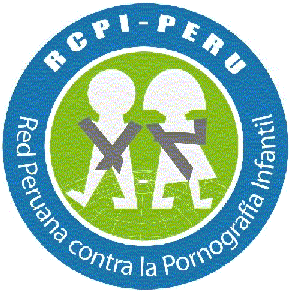The "Choking Game" or "Pass Out Game"
'Typical' Profile
What's the Attraction?
- A brief sense of euphoria
- An altered state of consciousness
- Peer Pressure of a dare or game of chicken
- Enhanced erotic feelings
- Entertainment peers lose consciouness/behave erratically
Similar experiences
- Hanging upside down
- Pressing arms against immovable barriers
- Holding your breath
- Breathing rapidly
- Hang gliding
- Parachuting
- The rush of doing something on the edge
What are the results?
- Bruises/concussions
- Broken bones
- Seizures
- Brain Damage
- Retinal hemorrhaging
- Stroke
- Death
Where do kids learn it?
- Friends / Neighbors
- Siblings
- The Internet
- At School
- Playgrounds
If a youth is participating
- Increase supervision- be aware of your child’s activities and whereabouts
- Remove any paraphernalia that could be used as a ligature.
- Alert school personnel. If one student is involved, there are probably others
- Alert the parents of your children’s friends.
- Consult with a physician to address any health needs that have resulted
- If an older teen is involved, younger children in the same family may be at risk for participating in this activity
What is the best prevention?
Talk about the dangers - They know about the game! Adolescents feel it's 'just passing out'. It's free, accessible and not a drug or illegal making the temptation for a quick thrill tempting.Tell them that EVERY time they are risking DEATH -either their brain cells or themselves.
Alert: Parents
You are the first line of defense in protecting your child from playing the Choking Game. Learn the warning signs, know the many slang names that might be over heard within a teens conversation. Check your child's computer for websites containing "Pass Out" or "Choking Game". Also look for videos viewed or uploaded by your child from video sharing sites like MySpace or YouTube.


